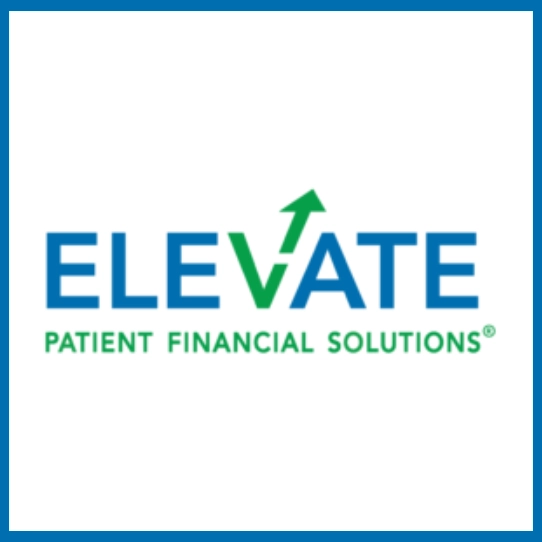Driving Excellence from Day One: Implementations Training & Quality Assurance at ElevatePFS
At ElevatePFS, quality isn’t a final checkpoint—it’s built into every stage of the process. Through focused Implementations Training, and Quality Assurance (QA), the company ensures that new projects begin with consistency, compliance, and confidence.
The QA process is designed to evaluate performance, reinforce standards, and identify opportunities for improvement. By combining data analysis with real-time feedback, ElevatePFS supports its team members in delivering the highest level of service to clients and patients. Training is not only foundational but continuously refined to reflect lessons learned through each QA review.
Quality assurance serves a dual purpose: protecting the organization and helping team members grow. By offering clear insights into what’s working well and what needs adjustment, QA promotes a culture of accountability and development. It also reinforces best practices as team members gain experience in their roles.
Compliance is another key focus. ElevatePFS safeguards sensitive client and patient data through controls aligned with multiple regulatory standards. This commitment minimizes risk and reinforces trust with partners nationwide.
QA reviews also play a strategic role in shaping future training and operational improvements. The ability to track trends, measure progress, and adapt quickly has proven essential in launching new contracts successfully.
Leadership at ElevatePFS views quality assurance as vital to its mission. It ensures the company not only meets expectations but exceeds them—supporting better outcomes for clients, patients, and employees alike.
By embedding quality into every implementation, ElevatePFS continues to elevate the standard of service across the revenue cycle.




